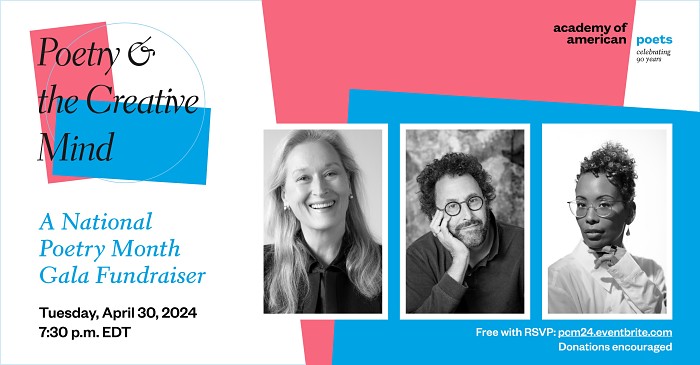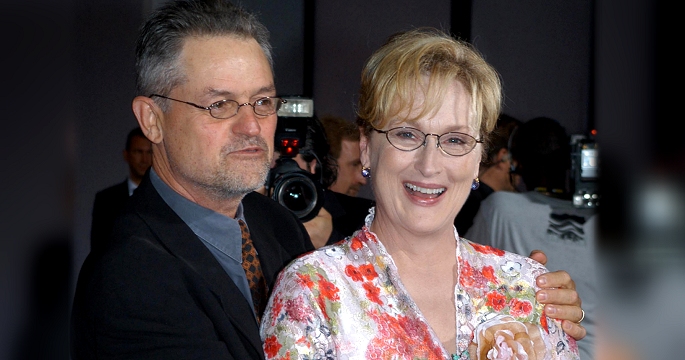|
Simply Streep is your premiere source on Meryl Streep's work on film, television and in the theatre - a career that has won her the praise to be one of the world's greatest working actresses. Created in 1999, we have built an extensive collection to discover Miss Streep's body of work through articles, photos and videos. Enjoy your stay.
|
Celebrating
25 years
of SimplyStreep
|
According to The Guardian, Netflix has moved to shut down a lawsuit from Mossack Fonseca lawyers over a film about the Panama Papers scandal that led to the closure of their firm and criminal charges, arguing the partners’ reputations were “long sullied” before the film’s release. The film, The Laundromat, is due to be released on Netflix at midnight on Friday in the US, and stars Gary Oldman and Antonio Banderas as Jurgen Mossack and Ramon Fonseca. Mossack and Fonseca sued Netflix this week alleging that the film portrayed them as “ruthless uncaring lawyers who are involved in money laundering, tax evasion, bribery and/or other criminal conduct” and sought a court ruling preventing the film being released. In a response filed to the US district court in Connecticut on Thursday, Netflix said the request was a “virtually unheard-of prior restraint on speech” and should be denied. The company said the film, although advertised as “based on some real shit”, did not try to portray itself as a non-fictional account of the Panama Papers scandal, but was instead a “comedic morality tale about a system which invites and protects abuse”. “While entertaining and largely comedic, it is intended to bring attention to the abuse of offshore shell corporations and tax shelters, and it is an indictment of the legal system that permits them,” Netflix said. Mossack and Fonseca, while given the same names in the film, are “palpably farcical characters”, Netflix said in the court filing. “They are cartoonish narrators who set up shell corporations around the world; it does not depict them as direct participants in criminal activity. “Rather, the film saves its pointed critiques for the opacity of the global banking system and the systemic corruption of wealthy individuals that permit that system to perpetuate itself.” Netflix said the film portrayed the pair as being “largely oblivious to the ways in which some of the shell entities they have set up are being abused, and it indicts the system for making such enterprises largely, if not entirely, legal”. The complete article can be read over at The Guardian.












